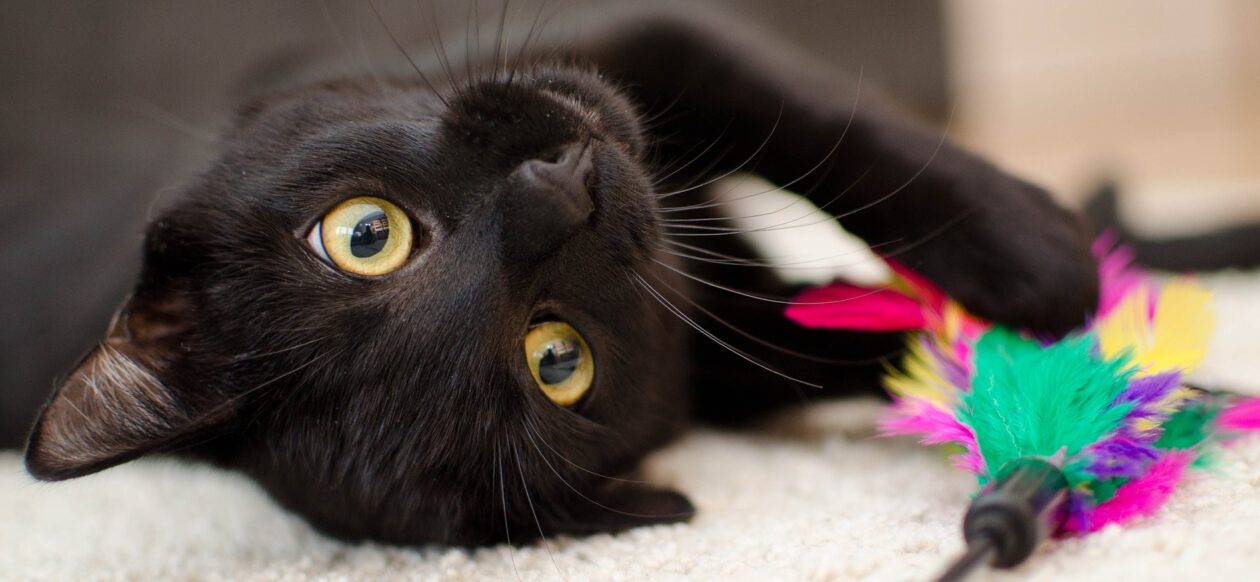Adopting a new cat or kitten is exciting, but it’s important to understand the initial and long-term costs of cat ownership before you actually bring your kitty home. There are the initial expenses of purchasing supplies to prepare for your new cat, and there are recurring expenses that you’ll incur throughout the year and over the cat’s lifetime. In addition, there are often unanticipated veterinary costs that can happen at any time during the year that need to be factored in to your annual expenses.
INITIAL COSTS
| Initial Expenses | ||
| Type of Expense | Food – Wet & Dry (for 2+ weeks), Cheaper vs. Premium/High Quality Brands/Food | $40 – $65 |
| Spay / Neuter (Male vs. Female) | $45 – $100+ | |
| Any Needed Vaccines, Deworming, Basic Routine Exam with a Veterinarian (Establish Baseline/Check Overall Health) | $100 | |
| Microchipping | $40 – $50 | |
| Food & Water Bowls | $15 – $25 | |
| Litterbox | $25 – $50 | |
| Litter | $20 – $40 | |
| Cat Carrier | $25 – $65 | |
| Scratching Post and/or Board (Tall is best) | $25 – $70 | |
| Toys, Misc. Cat Supplies (replacing or adding cat beds, scratching posts, etc.) | $25 – $40 | |
| Initial Total | $360 – $600 | |
Cat Carrier
Cat carriers are needed for trips to the vet, emergencies, disasters, and for travel. It’s important to purchase a sturdy carrier, one that doesn’t collapse or fold, but provides structure and durability so your cat won’t be injured inside the carrier. The cat should have ample room to move and turn around and stand up in case they’re in the carrier for a prolonged period of time. It’s a one-time purchase so buy a quality carrier that will last. Never buy a cardboard carrier, cats can get injured or lost when using them. Good cat carriers will cost between $40 – $65.
Continue reading The Costs of Cat Ownership – Can You Afford a Cat?













